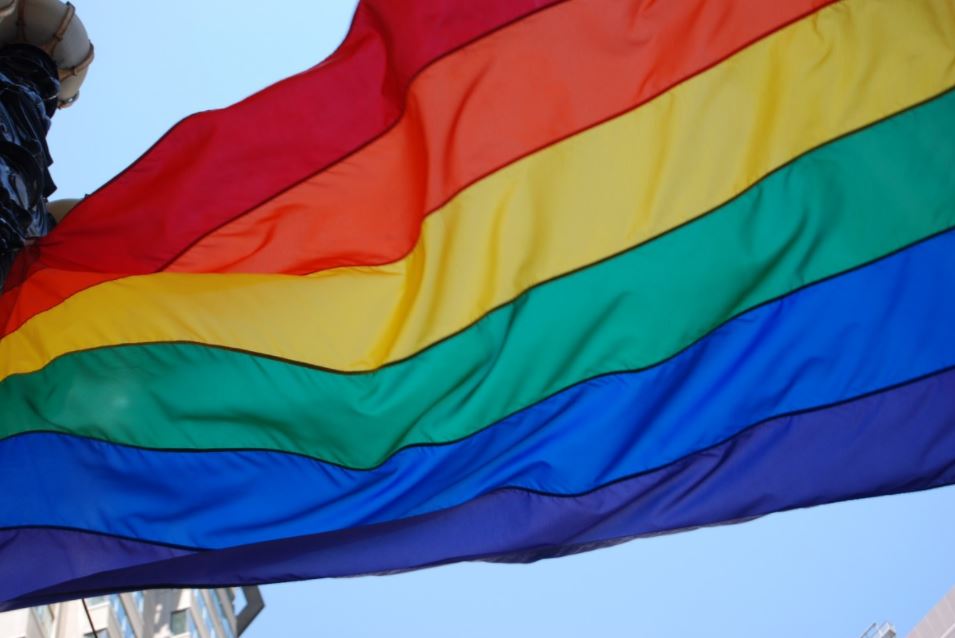This past week a Florida judge ruled against a woman who said she was discriminated against for not being allowed into a “ladies only” event.
Indiana Teacher Fired After Refusing to Call Transgendered Students by ‘Preferred’ Names
The judge, Judge Edward P. Nickinson, from Escambia County, sided with the defendants arguing that “in the peculiar circumstances of this particular event, that unqualified statement that Ms. Love ‘is a woman’ does not necessarily apply.”
Nevaeh Love, who was born a man, but identifies as a woman, filed a lawsuit against Royalty-N-Heelz, a male exotic performing group after she was discriminated against by.
In June 2016, Love was asked to move her seat at a Royalty-N-Heelz event in Pensacola, Florida.
The ACLU of Florida took up Love’s case and argued that by asking her to move, the group infringed upon Love’s civil rights.
‘We Exist’: Former Gays and Transgenders Protest California’s Discriminatory LGBT Therapy Ban
Katoshia Young, the defendant in the case, told the judge that the performers, who were male, felt uncomfortable at Love’s presence, which is why she was asked to move.
The judge wrote that the performers, “expressed objections to performing their show, which involved some degree of disrobing and mingling with the patrons if a person they considered to be male was to be in the audience.”
After she was asked to move Love demanded a refund, and was given it immediately. After receiving her refund, she left the premises.
Judge Nickinson argued that Love’s case did not have merit, due to the fact she was at a private club, that it would be different if she faced discrimination at a place like her job.
“If this were a case in which Ms. Love had been discriminated against in her job or for a seating at a restaurant table or for a room at a hotel, it is very likely that her case would have merit,” Nickinson wrote.
The judge argued that because the case was revolving around sexually suggestive acts, it set a tone for the entire argument.
Transgender Student Who Dominated Girls Track Meet Competed as Boy Months Earlier
“And perhaps more importantly, this case is about performance involving bodily contact between the performers and audience which is either sexual or sexually suggestive in nature,” he wrote.
Nickinson added that Love’s physical appearance was manly which made the dancers uncomfortable. He pointed out that the dancers “clearly” believed Love to be a man, and not a woman due to Love’s appearance.
Nickerson added that sometimes “the physical attributes, male or female, of a person’s body simply can make a difference.”
“No person should be required to perform body-contact sexual or sexually suggestive acts with another except by consent. The court believes that a judgment in favor of Ms. Love, in this case, would violate that basic premise,” he wrote in his conclusion.
No award was given in the case but it would not be a surprise if more cases like this one are seen in the coming months.
The Pensacola News Journal pointed out that part of the reason the ACLU of Florida picked up the case was in hopes that it would set a new precedent of “quality” for transgender people.
Nickinson also added in his ruling that Love “should not prevail on her claim, in this case, the Court does not take issue with any of the multitudes of cases finding that statutory prohibitions against discrimination on the basis of sex extend to transgender persons.”



